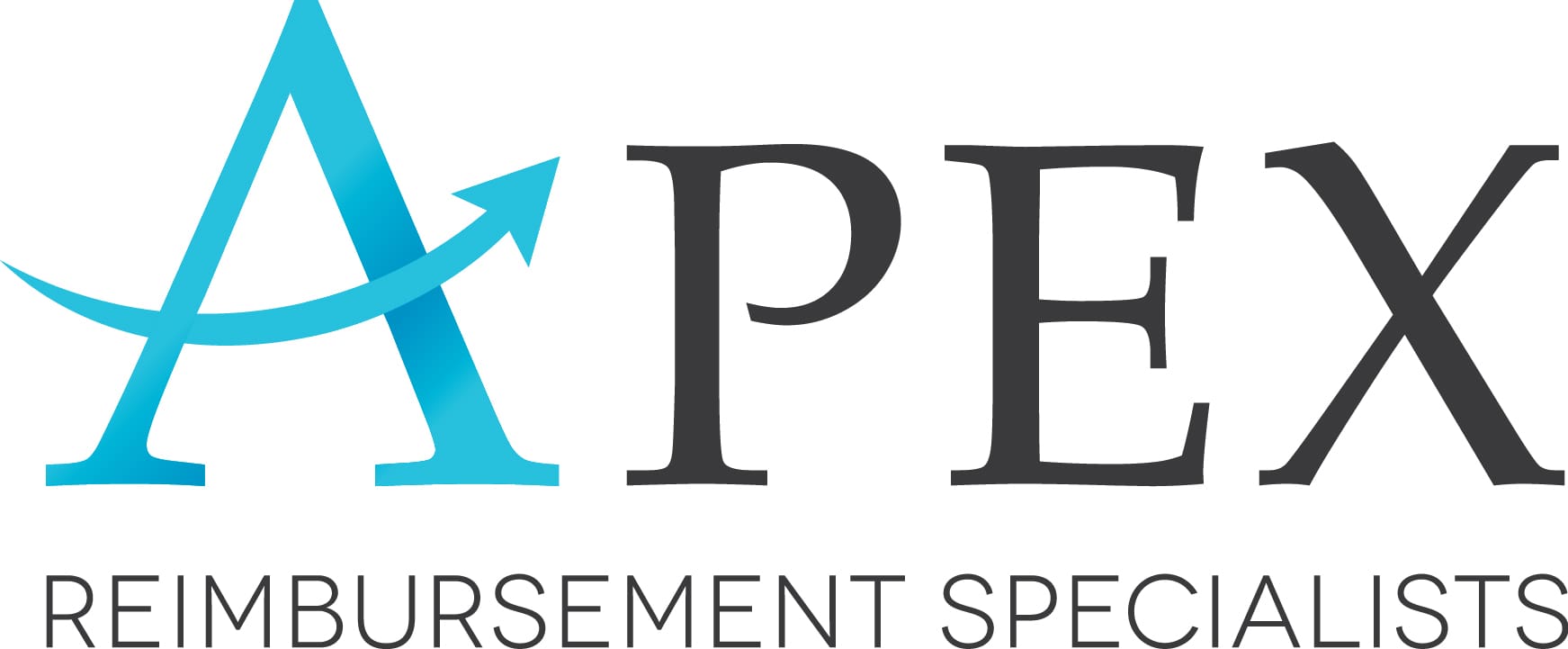When you see a patient for the first time at your dental practice, you probably begin with an oral examination to look at the health of their teeth and gums before recommending a treatment plan. The first visit often mirrors the process of completing your due diligence before considering the acquisition of a new dental practice.
Completing Due Diligence
Before signing on the dotted line or shaking a hand, you should thoroughly examine the practice you are considering the acquisition of. What types of documents should you request and examine?
- Recent profit and loss statements, balance sheets and income tax returns for at least the past 3 years
- A physical description of the practice
- Equipment valuation
- A production and collection report
- An accounts receivable and aging report
- Information about the current contractual relationships of patients, employers or insurance companies
- A detailed description of practice expenses for insurance, retirement benefits, employee benefits, payroll taxes, medical reimbursement, other utility expenses and continuing education
- A review of the lease agreement
- The number of active patients and the number of new patients every month
Transitioning the Finances and Insurance
If you are serious about purchasing a practice, you should prepare for the transition process with help from an experienced advisor. Your advisor can guide you through the process of securing financing and determining the best transition option for you and the practice you are purchasing. If you elect for a deferred buy-out transition, you may work as an associate for 1-2 years before purchasing the practice. Another common practice is purchasing the dental practice entirely and allowing the seller to walk away. With the right transition experts on your side, you can ensure patient retention rates of 90% or more.
APEX Reimbursement Specialists can guide you through the examination of the current practice finances and optimize revenue once you have taken over. Even successful practices leave money on the table as a result of improper coding, so simply examining tax returns and looking over the cash flow model might not be a representation of practice potential, but instead just a representation of the practice’s current state.
If you want to learn more about how APEX can help with your practice transition process, contact our team today by calling (410) 710-6005. We look forward to working with you to make your practice a more profitable place.

